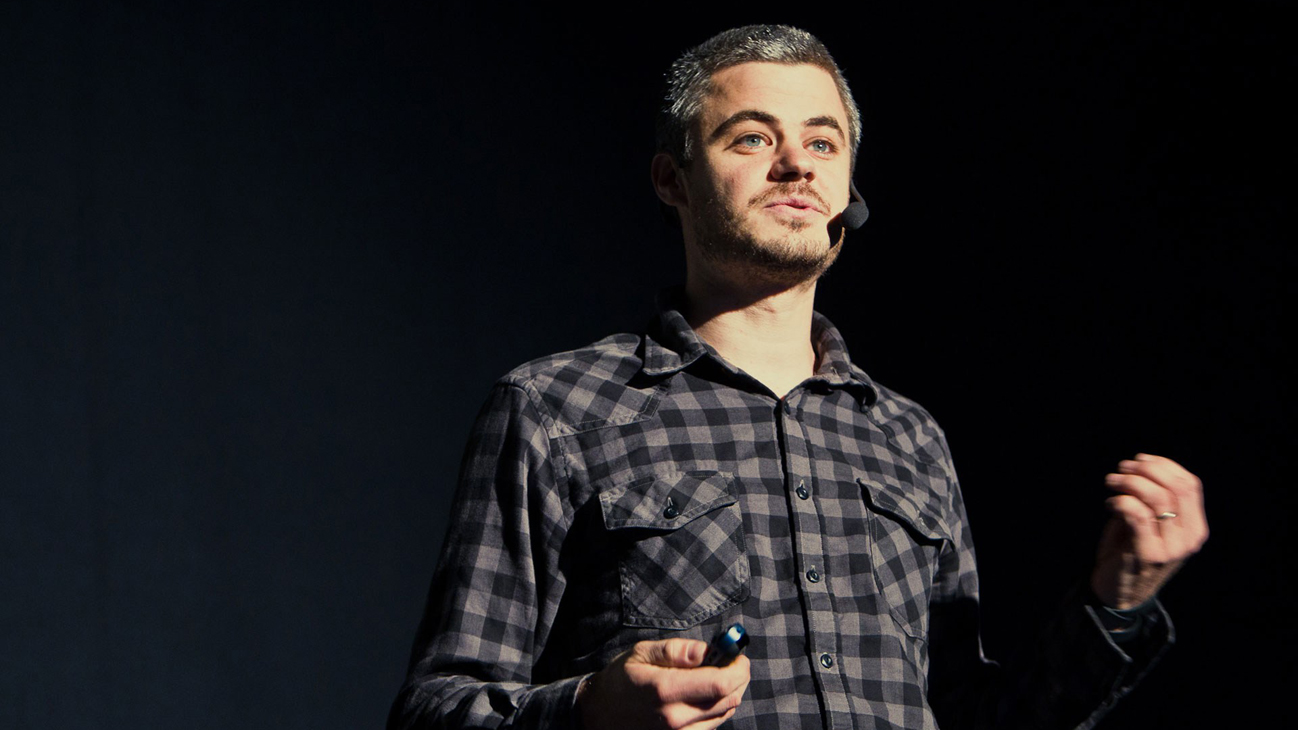Charity: Water’s founder Scott Harrison works tirelessly with his team to try to end the world water crisis. Given the important role that technology plays in our day-to-day lives, Harrison and his team decided to utilize the tools available, and win-over support from modern tech gurus in the process:
In 2007, Scott Harrison, the founder of Charity: Water, was searching for ways use social media to spread the word about his clean water program. Harrison had spent the better part of a decade living the fast life of New York City club promoter—the only social networks he knew revolved around $1,000 bottles of Grey Goose, supermodels and celebrity DJs—but he knew that to grow Charity:Water he’d have to get geeky. “To get people involved around the world, we’d have to use whatever technology was available at the time and become early adopters of innovation,” Harrison told me last week as we sat in Charity: Water’s New York headquarters. “I didn’t know how to do that.”
For advice, he cold-emailed Facebook’s Mark Zuckerberg, MySpace’s Tom Anderson and Bebo’s Michael Birch. Birch wrote back.
Fast forward six-months and Birch had coded Charity: Water’s website, donated $1 million and, most importantly, introduced Harrison to his fellow tech entrepreneurs. “He gave an interesting mix of time, talent and treasure,” says Harrison.
Soon Charity: Water had the backing from the likes of Sean Parker, Jack Dorsey, Chris Sacca, Kevin Rose, Daniel Ek and Shakil Khan. “We were able to get advice on how to build a great product, how inspire people, build a tech team and engineering culture,” says Harrison. “The tech community has allowed us to take the idea to the masses, in a more efficient and strategic way.” Since 2006, Charity: Water—which raises money to fund clean water projects in Africa, Latin America and Asia—has collected more than $100 million for 8,200 plus projects that have delivered safe water to more than 3.2 million people.
What drew this tech group, besides impressive networking, was Charity: Water’s high tech transparency. Each water project is tagged with a GPS monitor and linked to Google maps—letting donors see exactly how their money is going to work. You’re not just helping to build a well in say Ethiopia–your money went to the Ashala Wato community. Charity: Water goes further than that—you know exactly what the project cost ($10,408.08), who built it (The International Rescue Committee) plus you can see photos of the well, and the precise location via GPS. More than half of Charity: Water’s substantial donors have journeyed abroad to see the projects first hand.
Harrison’s funding model is another plus for efficiency-obsessed techies: Big donors (known asThe Well) fund the operations (salaries, supplies, rent.) This allows for 100% of donations that are raised via the charity’s slick online and social media campaigns to go directly to water projects. “The problem we were trying to solve was to bring a group of people back to the table of giving who didn’t trust charities.”
In 2012, Charity: Water raised $33 million. Harrison says that about 60% of donations come from grass root donors and 40% is from large gifts ($75,000 to $2 million) by wealthy people.
Corporations get involved too. Last week Charity: Water threw its annual charity ball in New York to benefit water projects in Malawi. More than 2,100 guests and sponsors helped donate more than $4 million—with the Caterpillar Foundation pledging $1 million. Google is getting involved too. Last year Google Impact Awards pledged $5 million to help Charity: Water create cheap digital monitors that would read and transmit data from its thousands of wells to report how much water each are production. Water wells, all in remote locations, don’t always function. The monitors (still in development) will show effective and efficiency of the projects, and of Charity: Water itself. It’s all part of what Harrison calls “uncomfortable transparency”—not to mention great marketing for his data-loving benefactors.

